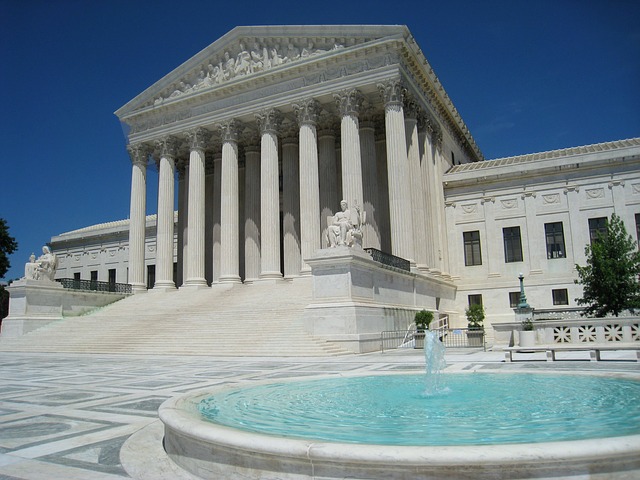What’s the news?
The US Supreme Court yesterday decided in the case of Salman v. United States in favour of insider trading prosecutors.
What is it about?
Section 10(b) of the Securities Exchange Act of 1934 and the Securities and Exchange Commission’s Rule 10b–5 prohibit undisclosed trading on inside corporate information by persons bound by a duty of trust and confidence not to exploit that information for their personal advantage. These persons are also forbidden from tipping inside information to others for trading. A tippee who receives such information with the knowledge that its disclosure breached the tipper’s duty acquires that duty and may be liable for securities fraud for any undisclosed trading on the information.
The defendant to an insider trading and conspiracy conviction, Bassam Salman, had claimed that he cannot be held liable as a tippee because the tipper – his future brother-in-law whose brother worked as an investment banker in Citigroup’s healthcare investment banking group and who shared inside information from him – did not personally receive money or property in exchange for the tips and thus did not personally benefit from them.
The US Supreme Court now decided in support of prosecutors, saying that gifts of confidential information from business executives to relatives violate securities laws even if no monetary reward is exchanged. The court underlined that in cases like this, the tipper personally benefits because giving a gift of trading information to a trading relative is the same thing as trading by the tipper followed by a gift of the proceeds. Here, by disclosing confidential information as a gift to his brother with the expectation that he would trade on it, the investment banker breached his duty of trust and confidence to Citigroup and its clients, a duty acquired and breached by Salman when he traded on the information with full knowledge that it had been improperly disclosed.
What’s the big deal?
It’s the first time in almost two decades that the highest US Court has clarified what constitutes insider trading, while on the other hand several federal courts had disagreed on the question of whether it was a mandatory requirement for people making unauthorized disclosures of material and nonpublic information to receive a tangible benefit in return for their conduct to violate insider trading laws. In particular, the decision of a New York federal appeals court in 2014 in the case of the United States v. Newman had made it extremely difficult for prosecutors since they had to prove that the tipster had received a benefit for sharing inside information. Following the decision resulted in several insider trading convictions being dropped including the case against associates of hedge-fund billionaire Steven A. Cohen.
The decision restores at least somewhat the powers of law enforcements agencies who had struggled recently but have lauded the Supreme Court’s decision, in particular U.S. Attorney Preet Bharara, the prosecutor for the Southern District of New York responsible for Wall Street whose office achieved 80 insider trading convictions in the last couple of years, and who has been in the press recently for committing to stay in his job under the Trump presidency.
So, what’s next?
Though the decision is a significant step towards accountability, many grey areas remain until US lawmakers conclusively deal with the subject by introducing a formal insider trading law. For example, the court avoided in its decision to define where the boundaries are in respect of the grade of relationship other than close relatives, so it might only be a question of time when the subject is revisited in a similar case.

